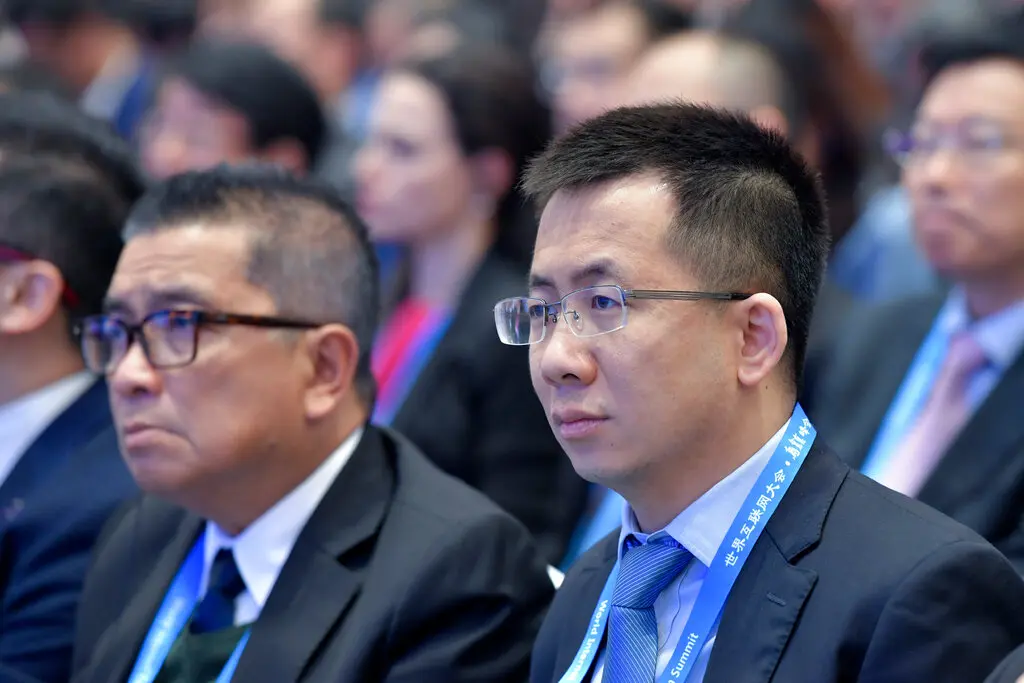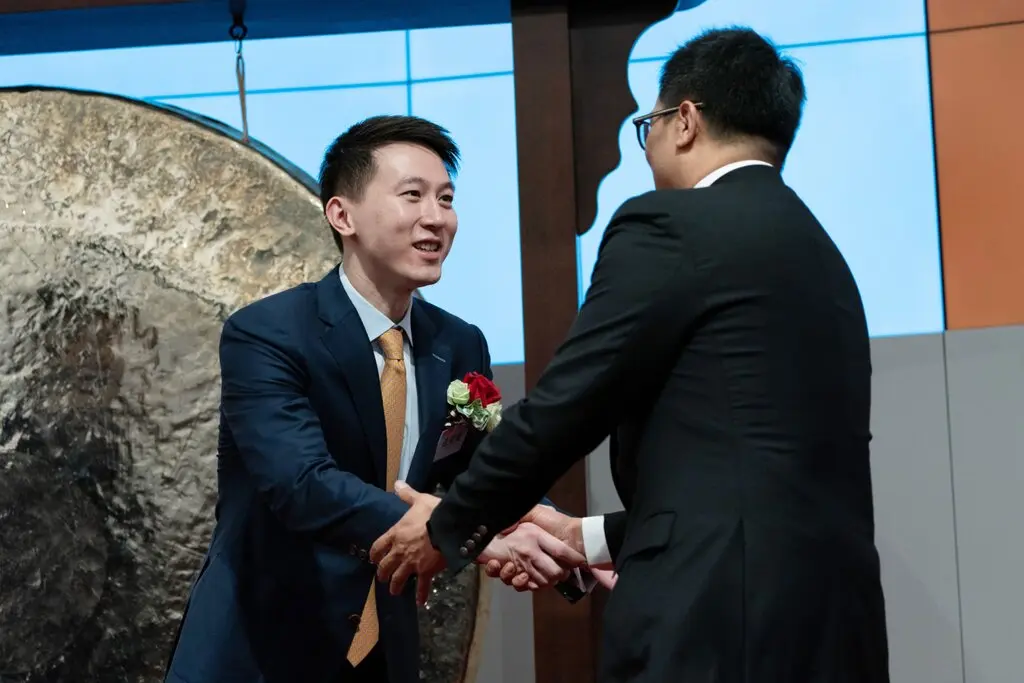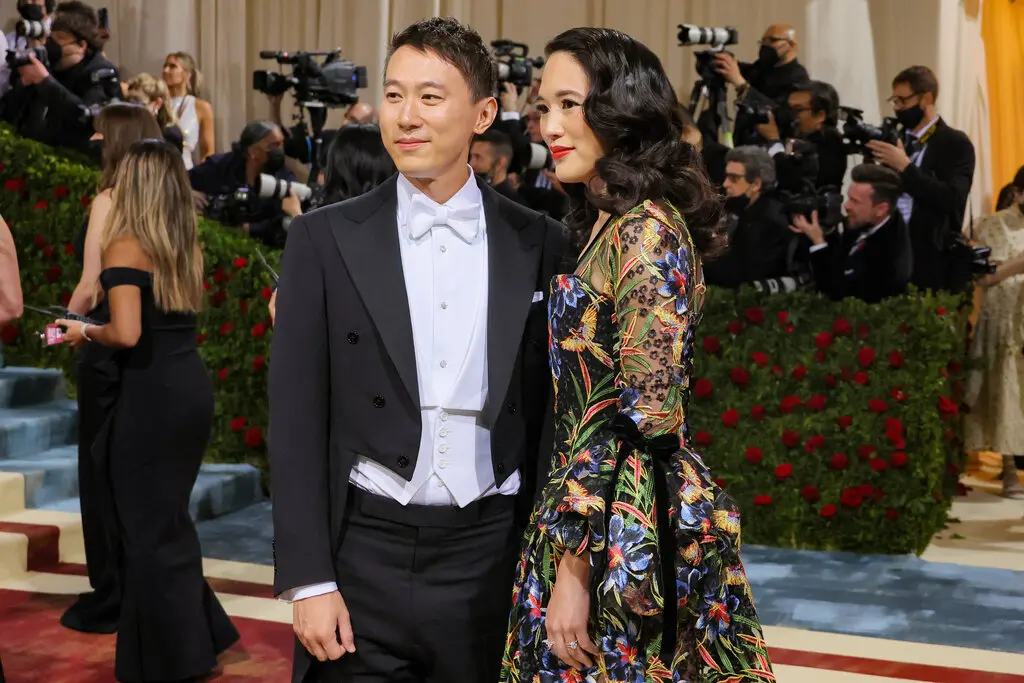TikTok recently tried to tamp down concerns from U.S. lawmakers that it poses a national security threat because it is owned by the Chinese internet company ByteDance. The viral video app insisted it had an arm’s-length relationship with ByteDance and that its own executive was in charge.
“TikTok is led by its own global C.E.O., Shou Zi Chew, a Singaporean based in Singapore,” TikTok wrote in a June letter to U.S. lawmakers.
But in fact, Mr. Chew’s decision-making power over TikTok is limited, according to 12 former TikTok and ByteDance employees and executives.
Decisions about the service — including moves to emphasize livestreaming and shopping on TikTok — are made by Zhang Yiming, ByteDance’s founder, as well as by a top ByteDance strategy executive and the head of TikTok’s research and development team, said the people, who declined to be identified for fear of reprisals. TikTok’s growth and strategy, which are led by ByteDance teams, report not to Mr. Chew but to ByteDance’s office in Beijing, they said.
The arrangements illustrate the tightrope that Mr. Chew, 39, walks as the head of one of the world’s most popular social apps. Since being appointed TikTok’s chief executive in May 2021, he has had to navigate presenting himself to the West as the autonomous leader of a global service while fulfilling the demands of the app’s Chinese parent.

Mr. Chew faces mounting challenges. As TikTok has stormed its way onto people’s smartphones and accrued an estimated 1.6 billion monthly active users, its ByteDance ties have raised concerns that it may be siphoning off people’s data to Chinese authorities. In recent months, U.S. lawmakers and regulators have increasingly questioned TikTok’s data practices, reigniting a debate over how the United States should treat business relationships with foreign companies.
On Wednesday, TikTok’s chief operating officer testified in Congress and downplayed the app’s China connections. On Thursday, President Biden signed an executive order to sharpen the federal government’s powers to block Chinese investment in tech in the United States and to limit its access to private data on citizens.
In an email, TikTok said Mr. Chew was ultimately responsible for the app’s product and strategy decisions. ByteDance said he was familiar with the company’s business.
Little is known about Mr. Chew and how he operates TikTok. But the former TikTok and ByteDance employees said he had focused on bringing financial discipline to the app during a global downturn. He has tightened budgets, shuttered marketing experiments and laid off employees in North America as the app has moved more operations to Singapore, they said. Mr. Chew has also met with global business executives and European regulators.
In a meeting late last year, one TikTok employee asked where Mr. Chew saw the app in 100 years. “I just want to make money next year,” he said, according to three people who were on the call.
But ByteDance has more control, others said. “If he didn’t want to do something ByteDance wants him to do, he could be fired and someone else could be put in his place,” Salvatore Babones, the director of China and free societies at the Center for Independent Studies, an Australian think tank, said of Mr. Chew.
Mr. Chew has acknowledged a familiar relationship with ByteDance that dates to when he helped invest in the firm nearly a decade ago.
“I’ve stayed very close to the folks at ByteDance because of my early relationship with them,” he said in a March interview with the billionaire investor David Rubenstein, whose firm, the Carlyle Group, has a stake in the Chinese giant. Mr. Chew added that he had become familiar with TikTok as a “creator” and amassed “185,000 followers.” (He appeared to be referring to a corporate account that posted videos of him while he was an executive at Xiaomi, one of China’s largest phone manufacturers.)

Born and raised in Singapore, Mr. Chew studied economics at University College London and earned an M.B.A. from Harvard. In 2010, after an internship at Facebook, he joined DST Global, a venture capital firm helmed by the Russian billionaire Yuri Milner.
Mr. Chew, who is fluent in Mandarin, became DST’s point man in China. He clinched some of the most lucrative deals in Chinese internet history, including investments in the e-commerce platforms JD.com and Alibaba and the ride-hailing service Didi. In 2011, he helped lead DST’s $500 million investment in Xiaomi.
In 2013, Mr. Milner asked Mr. Chew to meet Mr. Zhang, who had founded a news aggregator app called Jinri Toutiao. The two built a rapport, and an investment vehicle associated with Mr. Milner led a $10 million financing in Mr. Zhang’s company that same year, three people with knowledge of the deal said.
The news aggregator eventually became ByteDance — now valued at around $360 billion, according to PitchBook — and owns TikTok; its Chinese sister app, Douyin; and various education and enterprise software ventures.
By 2015, Mr. Chew had joined Xiaomi as chief financial officer. He spearheaded the device maker’s 2018 initial public offering, led its international efforts and became an English-speaking face for the brand.
“Shou grew up with both American and Chinese language and culture surrounding him,” said Hugo Barra, a former Google executive who worked with Mr. Chew at Xiaomi. “He is objectively better positioned than anyone I’ve ever met in the China business world to be this incredible dual-edged executive in a Chinese company that wants to become a global powerhouse.”
In March 2021, Mr. Chew announced that he was joining ByteDance as chief financial officer, fueling speculation that the company would go public. (It remains privately held.)
Two months later, TikTok appointed Mr. Chew as chief executive, with Mr. Zhang praising his “deep knowledge of the company and industry.” Late last year, Mr. Chew stepped down from his ByteDance role to focus on TikTok.
TikTok had been without a permanent chief executive since August 2020, when Kevin Mayer, a former Disney executive, left after the Trump administration’s effort to sunder the app from its Chinese parent. China was also cracking down on its domestic internet giants, with Mr. Zhang resigning from his official roles at ByteDance last year. Mr. Zhang remains involved in decision making, people with knowledge of ByteDance said.
Mr. Chew moved to establish himself as TikTok’s new head during visits to the app’s Los Angeles office in mid-2021. At a dinner with TikTok executives, he sought to build camaraderie by keeping a Culver City, Calif., restaurant open past closing time, three people with knowledge of the event said. He asked attendees if he should buy the establishment to keep it open longer, they said.

On trips to the United States, he has met with Ari Emanuel, the head of Endeavor, the talent and media company; Bob Chapek, Disney’s chief executive; and the commissioner of the National Basketball Association, Adam Silver, to build potential commercial relationships, according to four people with knowledge of the meetings.
ByteDance has kept optics in mind in choosing TikTok chief executives, five people with knowledge of Mr. Chew’s appointment said. Mr. Mayer, who was based in Los Angeles, was hired because he was an American at a time when TikTok wanted to look distinct from its Chinese parent, they said. Mr. Chew straddles the Western and Chinese business worlds, with Singapore offering a hedge against any potential crackdown from China or the United States, they said.
But both Mr. Mayer’s and Mr. Chew’s power as TikTok’s head has been circumscribed by ByteDance, five people with knowledge of the company said.
Changes to TikTok’s core app and its features run through Mr. Zhang; ByteDance’s chief executive, Liang Rubo, who was Mr. Zhang’s college roommate; Zhao Pengyuan, a ByteDance strategy executive; and Zhu Wenjia, the head of TikTok’s research and development team, the people said. ByteDance executives direct TikTok’s development by seeing what happens first on Douyin, its Chinese counterpart, they added.
Some who have worked with Mr. Chew said they were unclear about how well he understood the platform, which has continued growing. Some employees were brought in to teach Mr. Chew, who has 7,600 followers on his account, the latest TikTok trends to boost his presence, two people familiar with the plan said.
Mr. Chew has mostly been active around TikTok’s finances and operations, the people familiar with his activities said.
Last October, he shelved a multimillion-dollar marketing campaign for a TikTok NFT project involving the musical artists Lil Nas X and Bella Poarch. He reprimanded TikTok’s global head of marketing on a video call with Beijing-based leaders for ByteDance after some celebrities dropped out of the project, four people familiar with the meeting said. It showed that Mr. Chew answered to higher powers, they said.
Mr. Chew also ended a half-developed TikTok store off Melrose Avenue in Los Angeles, three people familiar with the initiative said. TikTok briefly explored obtaining the naming rights of the Los Angeles stadium formerly known as the Staples Center, they said.
He has also overseen layoffs of American managers, two people familiar with the decisions said, while building up teams related to trust and safety. In its U.S. marketing, the app has shifted its emphasis from a brand that starts trends and conversations toward its utility as a place where people can go to learn.
In May, Mr. Chew flew to Davos, Switzerland, for the World Economic Forum, speaking with European regulators and ministers from Saudi Arabia to discuss digital strategy.
More recently, he has defended TikTok’s data practices. In the app’s June letter to U.S. lawmakers, he noted that ByteDance employees in China could gain access to the data of Americans when “subject to a series of robust cybersecurity controls.” But he said TikTok was in the process of separating and securing its U.S. user data under an initiative known as Project Texas, which has the app working with the American software giant Oracle.
“We know we’re among the most scrutinized platforms,” Mr. Chew wrote.



















Comments